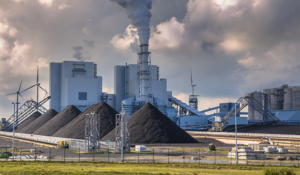Extracting, refining and distributing hydrocarbon fuels requires massive amounts of capital. Investors are increasingly unwilling to provide it. Arabella Advisors reports almost 1,000 firms managing $6 trillion (yes, a trillion with a “T”) of funds have pledged to cease investing in fossil fuel assets and, more notably, divest the assets they already manage. This number has grown more than 100-times since 2014 and includes sovereign wealth, pension and insurance funds. The Institute for Energy Economics and Financial Analysis recently reported that “global capital is fleeing coal” with 40% of the largest global banks divesting their coal assets. Even China’s largest investment holding company, state-owned SDIC, has said it will “totally exit coal” and redeploy its capital into clean energy.

Some of these investors are responding to environmentally-minded stakeholders. But most are simply doing the math. Hydrocarbon assets, like coal power plants, need to produce steady profits for 30-40 years to make a return. Even if future expenses like carbon taxes or shareholder lawsuits are unknowable, the mere possibility makes the investment less appealing and more expensive. But the biggest concern is that fossil fuel assets could become akin to owning a vacuum tube factory in the age of transistors. Investors could be stuck producing a more expensive product that nobody wants. Jim Robo, CEO of utility giant, NextEra, speaking about clean energy alternatives said, “post-2020, there may never be another [natural gas] peaker built in the United States.” Look at this way: building an oil refinery or coal plant today is effectively making a bet that for the next 40 years, electric vehicles will not become cheaper than gas-mobiles (they are getting close) and that solar and wind power will not get cheaper than coal (it already is). If you were a bank, is that a bet you would take?
GET MONTHLY NEWS & ANALYSIS
Unsubscribe anytime. We will never sell your email or spam you.
